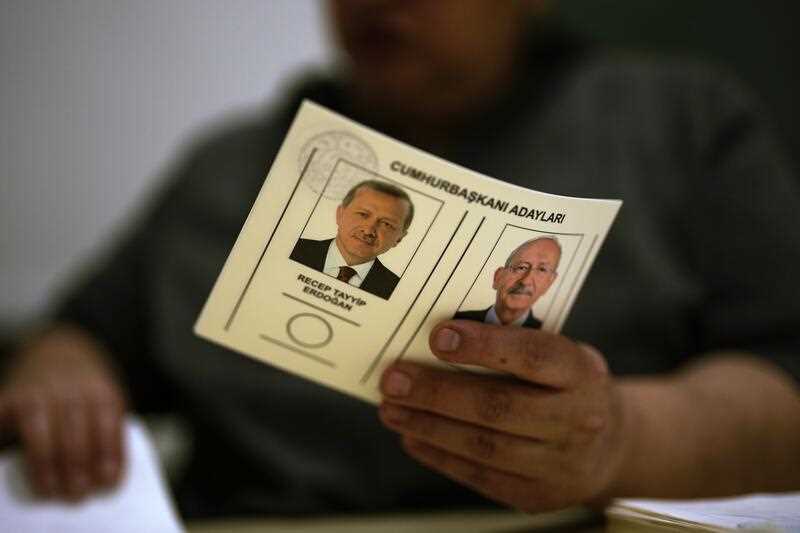Turks have begun voting in a presidential runoff that could see Tayyip Erdogan extend his rule into a third decade and intensify Turkey’s increasingly authoritarian path, muscular foreign policy and unorthodox economic governance.
Erdogan, 69, defied opinion polls and came out comfortably ahead with an almost five-point lead over his rival Kemal Kilicdaroglu in the first round on May 14.
But he fell just short of the 50 per cent needed to avoid a runoff, in a race with profound consequences for Turkey itself and global geopolitics.
Kilicdaroglu, 74, is the candidate of a six-party opposition alliance, and leads the Republican People’s Party (CHP) created by Turkey’s founder Mustafa Kemal Ataturk.
Third-place presidential candidate and hardline nationalist Sinan Ogan said he endorsed Erdogan based on a principle of “non-stop struggle (against) terrorism”, referring to pro-Kurdish groups. He achieved 5.17 per cent of the vote.
Another nationalist, Umit Ozdag, leader of the anti-immigrant Victory Party (ZP), announced a deal declaring ZP’s support for Kilicdaroglu, after he said he would repatriate immigrants. The ZP won 2.2 per cent of votes in this month’s parliamentary election.
Polls opened at 8am local time on Sunday and close at 5pm. By late on Sunday local time there should be a clear indication of the winner.
Erdogan has pulled out all the stops on the campaign trail as he battles to survive his toughest political test.
He has taken tight control of most of Turkey’s institutions and sidelined liberals and critics.
Human Rights Watch, in its World Report 2022, said Erdogan’s government has set back Turkey’s human rights record by decades.
Kilicdaroglu, a former civil servant, has pledged to roll back much of Erdogan’s sweeping changes to Turkish domestic, foreign and economic policies.
By Ece Toksabay and Daren Butler in Ankara



